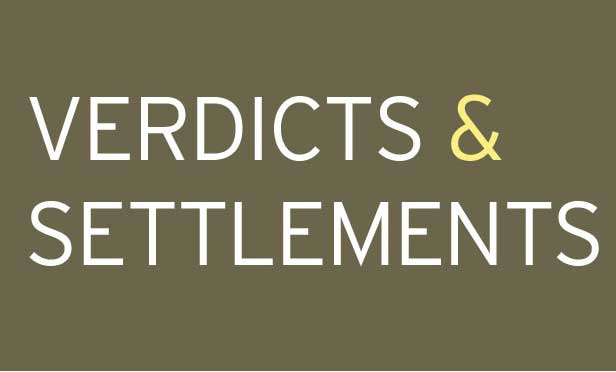On May 27, the Legal Intelligencer published an article titled “The Case for Application of Comment K to Manufacturing Defect Claims,” which was written by attorneys Stephen J. Finley and Jonathan T. Woy of Gibbons P.C. The authors of “The Case for Comment K” suggest that both the language of Comment k to Section 402A Restatement (Second) of Torts and binding Pennsylvania precedent categorically exempt all medical devices from claims of strict liability. The authors suggest that, in defiance of this purported categorical bar “a number of lower state and federal courts have ignored binding precedent and relied upon ‘artificial distinctions’” in erroneously permitting strict liability for certain manufacturing defect claims. Respectfully, the suggestion by Finley and Woy that Comment k insulates medical devices from all (or any) strict liability claims is incorrect as a matter of law and policy. In fact, as reflected in recent precedent, the Pennsylvania Supreme Court’s landmark decision in Tincher v. Omega Flex, 104 A.3d 328 (2014), appears to have foreclosed any argument that medical devices are entitled to blanket immunity from strict liability. Contrary to the authors’ suggestion, the claims limiting principle in Comment k was never meant to enjoy broad application. Rather, Comment k was intended to be a narrow exception to strict liability and only applied in cases where an otherwise useful product is “incapable of being made safe.” The authors’ suggestion that the text of Comment k and policy considerations warrant immunizing all medical devices from strict liability contradicts the language and purpose of Comment k. In any case, this debate should soon be settled. The Pennsylvania Supreme Court is set to decide what role, if any, Comment k plays in medical device litigation. If the current trend continues, Comment k may soon be a dead letter.
Pennsylvania Disfavors Categorical Bars to Strict Liability
“The Case for Comment K” begins with a mistaken proclamation that “Pennsylvania has long applied Comment k to immunize pharmaceutical and medical device manufacturers from all strict liability claims.” This is an inaccurate and overstated interpretation of Pennsylvania law. Although it is true that the Pennsylvania Supreme Court adopted a categorical bar on strict liability claims for prescription drugs in Hahn v. Richter, 673 A.2d 888 (1996), the court explicitly limited this holding to prescription drugs. The Pennsylvania Supreme Court has never suggested or held that medical devices enjoy the same broad immunity from strict liability. To the contrary, recent Supreme Court precedent has emphasized that any categorical bar to strict liability is inappropriate and, as discussed in this article, has called into question the rationale and continuing viability of the Hahn decision.


 James P. Goslee of Cohen, Placitella & Roth. Courtesy photo
James P. Goslee of Cohen, Placitella & Roth. Courtesy photo




